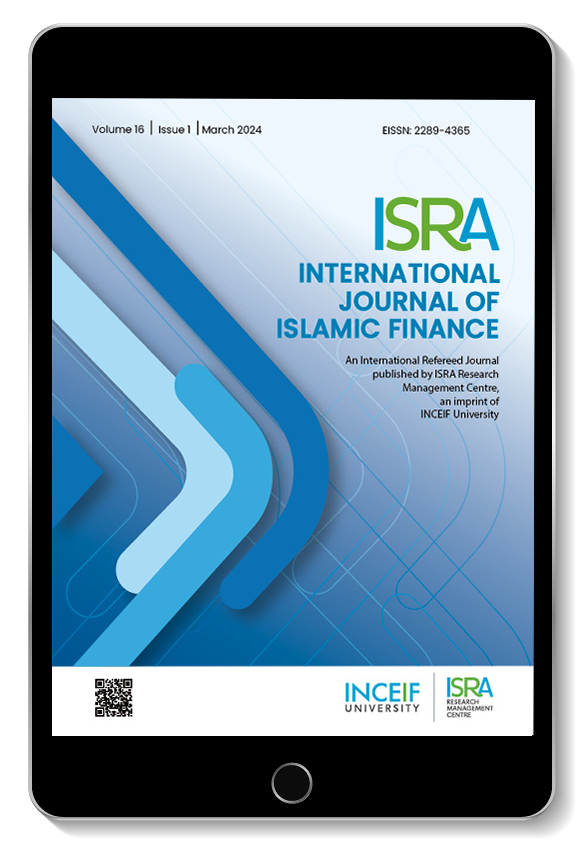伊斯兰传承背景下穆斯林商人的记账行为评价
IF 2.8
Q2 BUSINESS, FINANCE
引用次数: 0
摘要
目的——本研究从伊斯兰继承的角度评估了在尼日利亚卡诺州进行贸易活动的穆斯林贸易商的记账做法。设计/方法/方法——数据的主要来源是调查问卷的管理。还进行了半结构化访谈,以支持结果。调查结果―问卷调查结果发现,交易员对其资产和负债的记录不完整且不恰当。他们还为wa保留了非常少的记录ṣiyyah(伊斯兰意志)。调查结果表明,根据伊斯兰继承法的规定,他们的可继承财富不会得到公平分配。这一说法得到了通过访谈获得的真实案例的支持,这些案例描述了不完整和不当记账记录的后果。独创性/价值——这篇论文是一项先驱研究,从经验上将记账实践与伊斯兰遗产联系起来。研究局限性——本研究仅限于尼日利亚36个州之一的卡诺州。实际影响——交易员需要对其资产、负债和wa进行适当和完整的记录ṣiyyah,以确保他们的财富在他们死亡时在索赔人之间得到公平分配。社会影响——交易员保持适当和完整的记录可以最大限度地提高他们每个继承人的份额,并使他们免于陷入贫困,特别是如果财富投资得当的话。本文章由计算机程序翻译,如有差异,请以英文原文为准。
Evaluating the Bookkeeping Practices of Muslim Traders in the Context of Islamic Inheritance
Purpose ― This study evaluates the bookkeeping practices of Muslim traders that carry out their trading activities in Kano State, Nigeria, from an Islamic inheritance perspective.
Design/Methodology/Approach ― The major source of data was the administration of questionnaires. Semi-structured interviews were also conducted to support the results.
Findings ― The questionnaire results found traders maintaining incomplete and improper records of their assets and liabilities. They also kept very minimal records for waṣiyyah (Islamic will). The findings imply that their inheritable wealth would not be fairly distributed based on the provisions of Islamic inheritance law. This claim was supported by real-life cases obtained through interviews portraying the consequences of incomplete and improper bookkeeping records.
Originality/Value ― This paper is a pioneer study that empirically links bookkeeping practices to Islamic inheritance.
Research Limitations ― This study is limited to Kano State, which is one of the 36 states of Nigeria.
Practical Implications ― Traders are required to maintain proper and complete records of their assets, liabilities and waṣiyyah with a view to ensuring that their wealth is fairly distributed among their claimants when they die.
Social Implications ― Keeping proper and complete records by traders could maximise the share to be given to each of their heirs and would save them against exposure to poverty, particularly if the wealth is properly invested.
求助全文
通过发布文献求助,成功后即可免费获取论文全文。
去求助
来源期刊

ISRA International Journal of Islamic Finance
BUSINESS, FINANCE-
CiteScore
3.40
自引率
17.40%
发文量
18
审稿时长
20 weeks
期刊介绍:
It is the aspiration of the editorial committee that IJIF achieves the highest rank in quality and substance. It is thus our aim that the journal be carried in the Thompson Reuters’ ISI and Scopus databases. By ensuring high standards in articles published in Islamic finance we ensure that further innovation and research is carried out and promoted in the Islamic finance industry and academia. IJIF publishes 2 issues per annum.
 求助内容:
求助内容: 应助结果提醒方式:
应助结果提醒方式:


